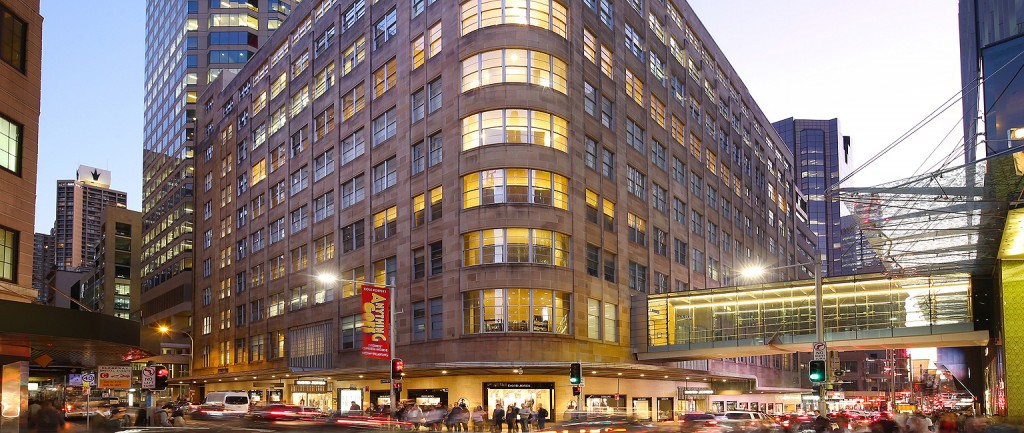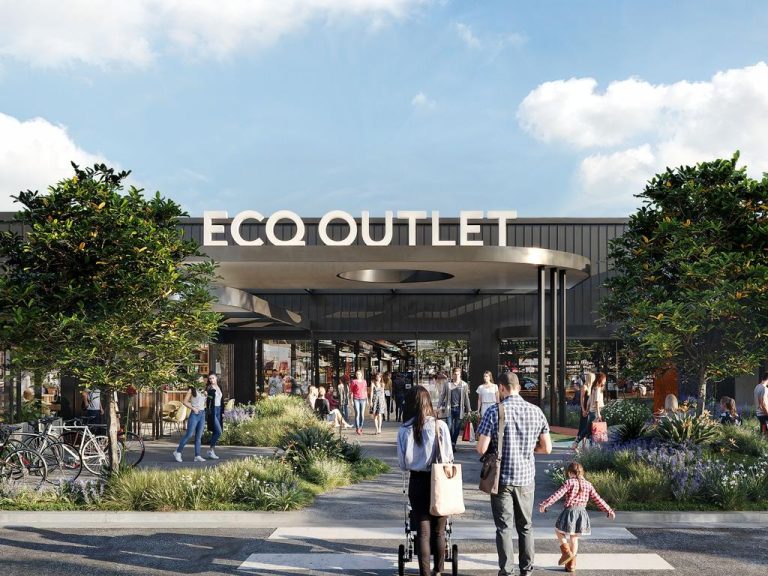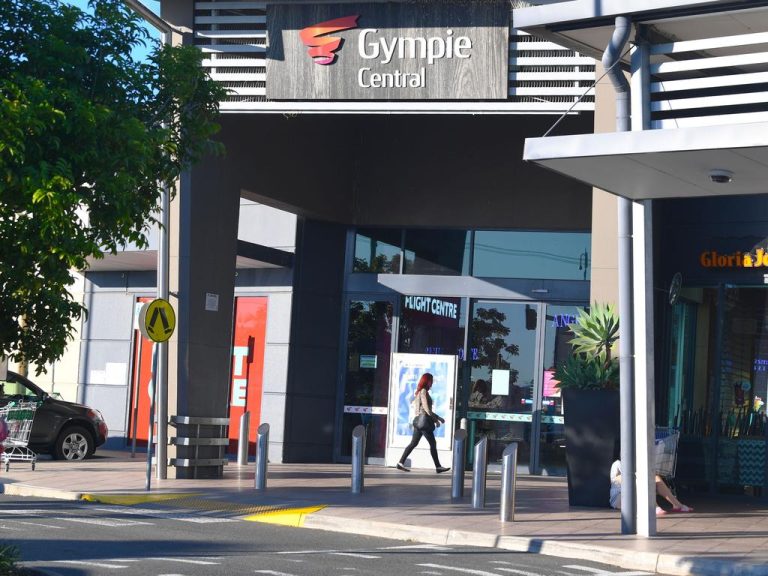Retail property enjoys $1.3bn surge

Juicy yields could be a thing of the past in Australia’s retail property market, with rabid interest from trusts and foreign investors seeing prices soar as competition continues to heat up.
Retail property sales nationally reached $8.4 billion in the year to September, up $1.3 billion on the five-year average, according to Savills research, with trusts and foreign buyers maintaining their stranglehold on the market.
And some experts say that as supply dries up further and more investors chase their piece of retail, expectations of what constitutes a “reasonable” investment yield are plummeting.
They’re coming: International retail wave only just beginning
“6% is now seen as a reasonable return, and what you might call alternative sectors of the market such as petrol stations, are attracting increasingly greater scrutiny,’’ Savills’ Melbourne associate director of retail investments Pat De Maria says.
Surprisingly it was Brisbane that led the way in retail property sales in the 12 months to September, with its $2.39 billion in sales trumping Sydney ($2.3 billion) and Melbourne ($2.1 billion).
Perth recorded $989 million in sales, while Adelaide had $649 million.

Buyers continue to come hard for retail property across Australia.
Savills’ national of research Tony Crabb says there is no shortage of buyers prepared to part with significant capital in order to gain a foothold in retail.
“Retail property continues to attract significant investment dollars and while foreign investment has again been very strong, local buyers, institutional and private, have also figured prominently in snapping up any opportunities that are put to the market,’’ Crabb says.
In Sydney, Savills’ national director of retail investments Steven Lerche says with the retail property pool shrinking and investor demand remaining high, yields will sharpen further but will reach a tipping point eventually.
6% is now seen as a reasonable return
“Yield compression can only go so far, eventually it is going to taper off,” Lerche says.
“The question is when do yields become so tight that private investors are tempted to sell? We may see some evidence of that soon as privates capitalise on the tight market and look at selling.”
“Timing is important here because it is only going to be when they see that the market is on the cusp of turning, and they are going to realise absolute full value for their assets, that they will feel comfortable making that move.”







